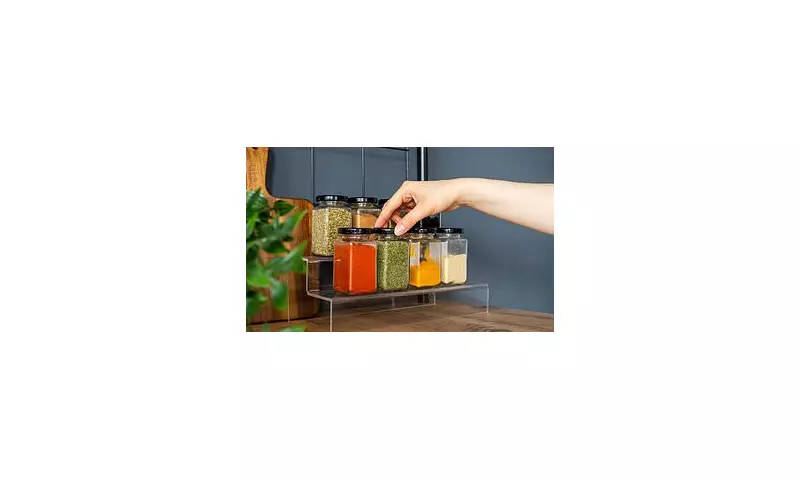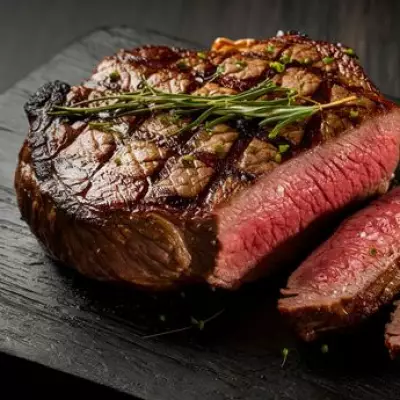
Many home cooks in Britain take pride in a well-stocked spice cupboard, believing it's the key to creating delicious meals. However, a professional chef with Michelin-starred experience claims this approach is misguided. According to Chef Max Posener, who has worked at renowned establishments like Ynyshir in Wales, you only need twelve key dried herbs and spices to elevate your cooking.
The Essential Spice Rack
Chef Posener has distilled years of professional knowledge into a concise list of twelve indispensable spices. His essential selection includes cumin, paprika, cinnamon, vanilla, tonka bean, star anise, cardamom, black and white pepper, five spice, curry powder, coriander powder, and sumac.
He argues that the common British practice of using spices directly from the jar during cooking is a mistake. Instead, he advocates for a more nuanced approach to unlock their full potential.
Mastering Spice Techniques
One of Posener's key recommendations is to change when you add spices to your dish. He advises against using them during the active cooking process. Instead, he suggests turning off the heat and allowing the pan to cool slightly. "Once it’s stopped boiling, throw in different spices and infuse until ready to serve in order to keep them as fragrant and fresh as possible," he explained to the Daily Mail.
Another crucial tip is to buy spices whole. "Toast your spices whole and blend them, they will be far better than the store-bought stuff," Posener stated. He recommends toasting cumin, coriander, fennel, and pepper gently just until they become fragrant, warning that over-toasting until they change colour will burn them and create an overpowering, bitter flavour that can ruin a curry.
For desserts, he proposes a cold infusion method. Infusing spices like vanilla, nutmeg, tonka bean, chamomile, cloves, cinnamon, cardamom, and star anise overnight in a cold liquid in the fridge imparts subtle, floral notes without being overpowering. This technique is perfect for custards, panna cottas, and rice puddings.
Changing Your Spice Mindset
Posener also urges cooks to rethink the role of spices in the kitchen. "Do not think of spices as seasoning. Black pepper is not salt," he emphasised. He cautions against seasoning meat with spices at the start of cooking, as they will likely burn or fall off. His golden rule is to be cautious: "You can always add, but you can’t take away, so err on the side of caution."
To develop an intuition for spice pairing, his advice is simple: "taste, taste, taste". He notes that pungent spices like cumin and coriander pair well with meats, while lighter, floral spices like sumac are better suited for fish. A helpful guiding principle is that "things that grow together often go together". For example, paprika grows alongside tomatoes and onions, making them natural companions, while tonka bean's growth near cacao explains its perfect pairing with chocolate.
By focusing on this core collection of twelve spices and mastering a few simple techniques, British home cooks can dramatically improve their culinary creations, making every meal more fragrant and flavourful.






